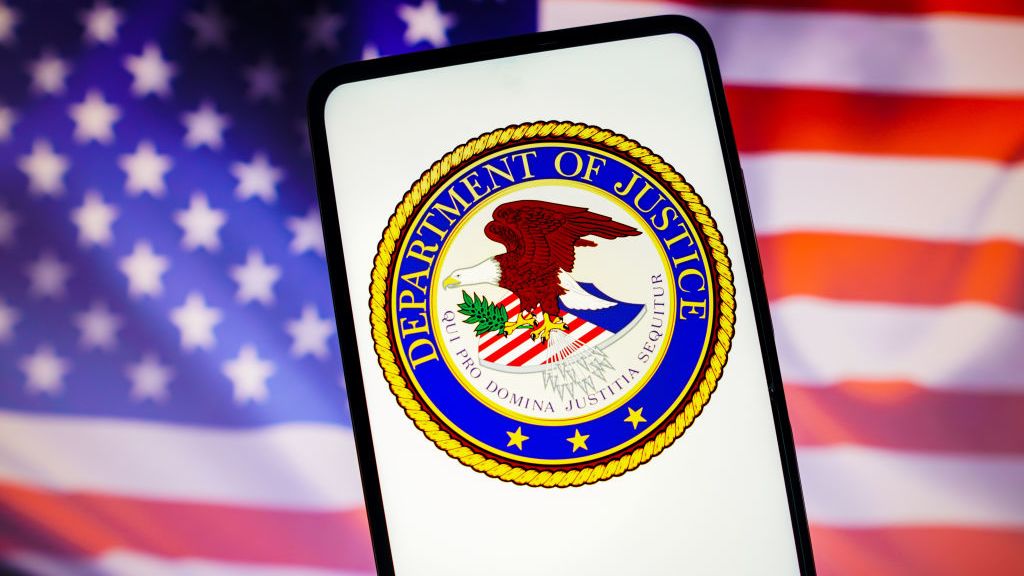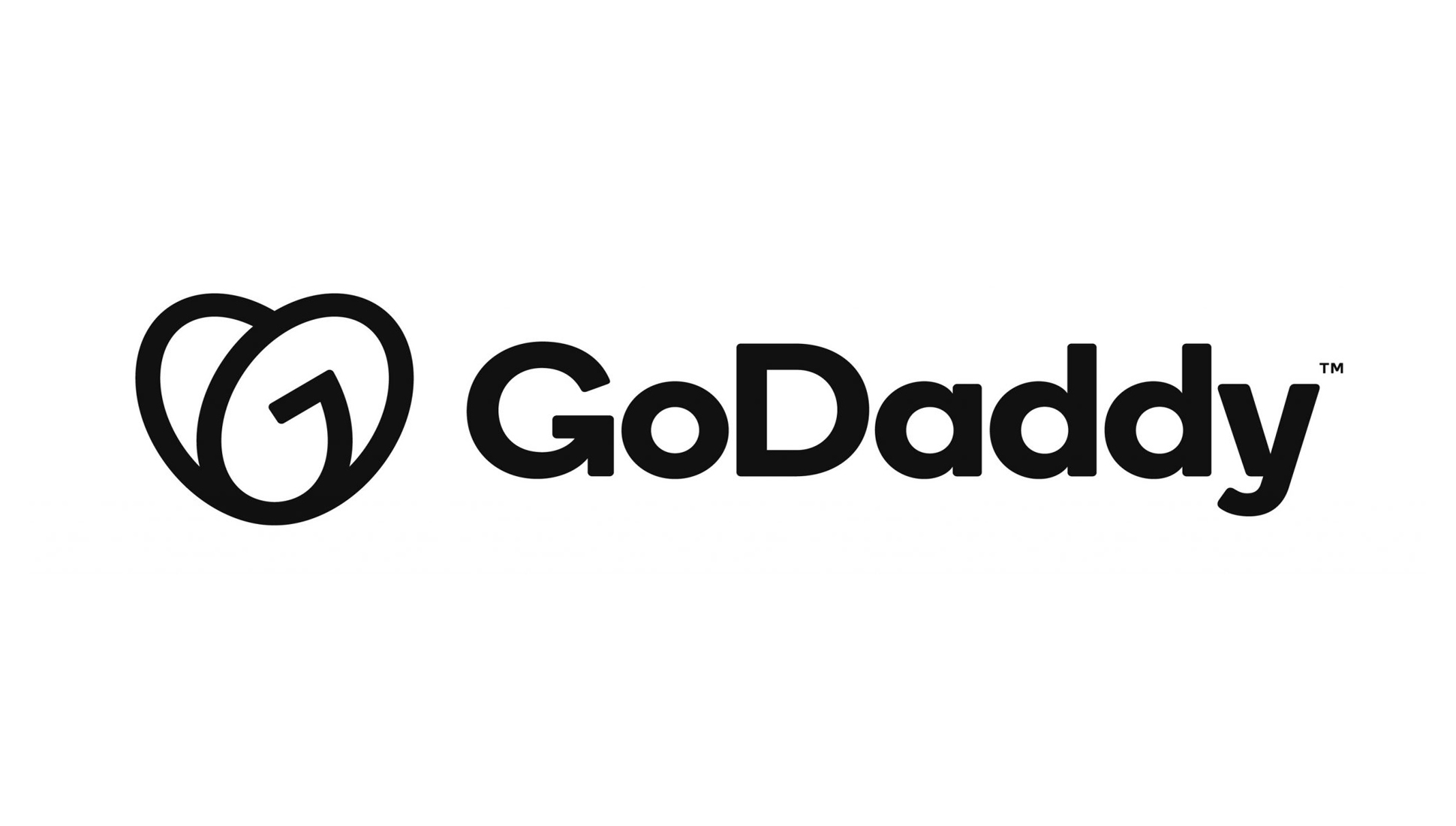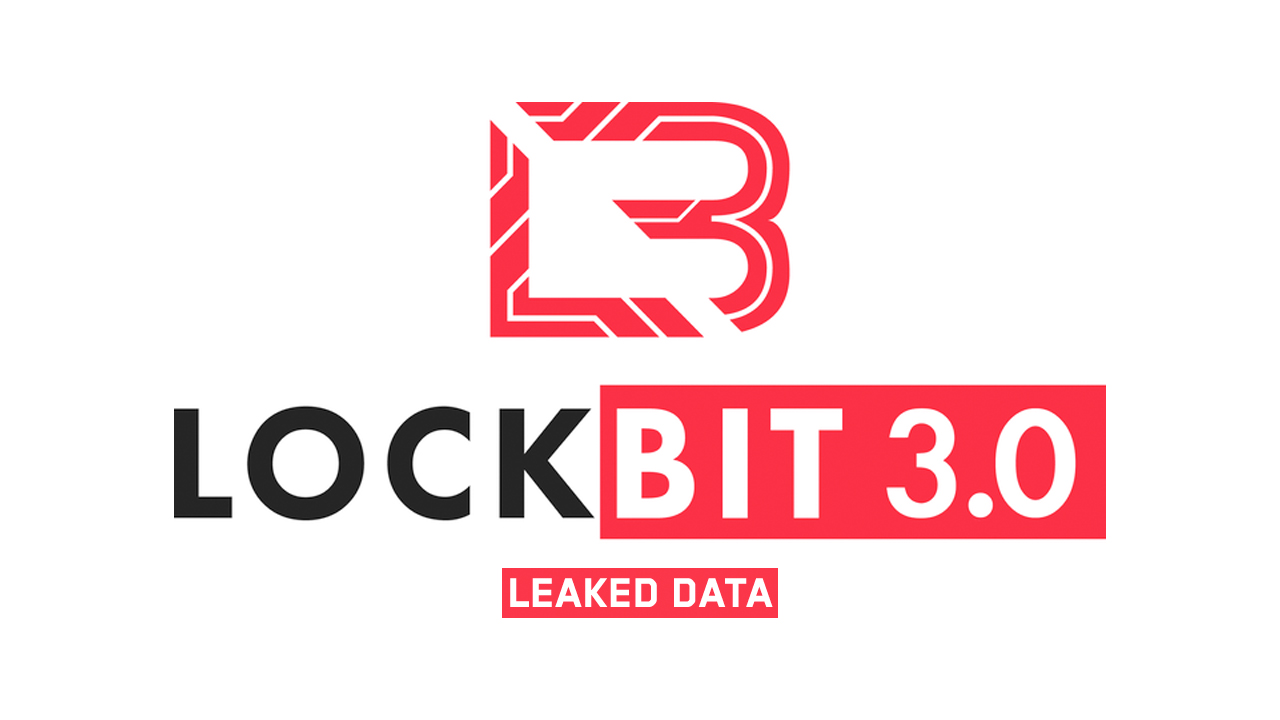BBC hack attack linked to Iran
The BBC’s director general stops short of accusing Tehran, but speaks of strong links between the denial of service attack and the country.


The BBC has fallen victim to another cyber attack, with all eyes looking to Iran as the possible perpetrator.
The global media company believes a distributed denial of service (DDoS) attack was the reason for its outlets across Persia falling down on 1 March, leaving citizens unable to view BBC TV channels or listen to the radio broadcasts.
It also affected BBC staff who were unable to receive or send emails, as well as access certain parts of the internet, and even blocked phone lines in London-based offices
We regard the coincidence of these different attacks as self-evidently suspicious.
In a speech made by the BBC's director general, Mark Thompson, last night to the Royal Television society, he revealed signals for the BBC to be shown in Iran had been jammed and made a link between the two events.
"It is difficult, and may prove impossible, to confirm the source of these attacks, though attempted jamming of BBC services into Iran is nothing new and we regard the coincidence of these different attacks as self-evidently suspicious," he was due to say, according to extracts of the speech released in advance by the BBC.
"I don't want to go into any more detail about these incidents except to say that we are taking every step we can, as we always do, to ensure that this vital service continues to reach the people who need it."
Get the ITPro daily newsletter
Sign up today and you will receive a free copy of our Future Focus 2025 report - the leading guidance on AI, cybersecurity and other IT challenges as per 700+ senior executives
Hacktivism and politically-motivated cyber crime are a reality and companies need to take the threat seriously.
Iranian authorities are still yet to make a statement on the reported attacks.
Graham Cluley, senior technology consultant for Sophos, told IT Pro all large corporations should be prepared for this sort of attack due to their commonplace nature in the IT environment today.
"I think they're a fact of life now," he said. "Hacktivism and politically-motivated cyber crime are a reality and companies need to take the threat seriously."
"Good practice [to protect your firm] would include securing your computers, keeping up-to-date with patches, deploying filtering software to protect your email and web gateways, and working with your technology providers to see how you might best deflect a DDoS attack."
Rik Ferguson, director of security research at Trend Micro, added: "Most media organisations who broadcast content into unfriendly territories have been familiar with signal jamming since at least World War II and there remains little that can be done to overcome a determined regime in this respect."
"It could also be argued of course that any nation state is free to assert control over signals that are received within their own airspace, much as the United Kingdom government jammed pirate radio frequencies in the 1970s."
"Mitigating DDoS attacks against telephony systems is an ongoing effort, as with other kinds of DDoS. External facing systems should be hardened, disabling all unnecessary services, where possible strong authentication should be deployed to reduce the possibility of abuse and, of course, firewalls and service provider security have an important role to play."
Jennifer Scott is a former freelance journalist and currently political reporter for Sky News. She has a varied writing history, having started her career at Dennis Publishing, working in various roles across its business technology titles, including ITPro. Jennifer has specialised in a number of areas over the years and has produced a wealth of content for ITPro, focusing largely on data storage, networking, cloud computing, and telecommunications.
Most recently Jennifer has turned her skills to the political sphere and broadcast journalism, where she has worked for the BBC as a political reporter, before moving to Sky News.
-
 Should AI PCs be part of your next hardware refresh?
Should AI PCs be part of your next hardware refresh?AI PCs are fast becoming a business staple and a surefire way to future-proof your business
By Bobby Hellard
-
 Westcon-Comstor and Vectra AI launch brace of new channel initiatives
Westcon-Comstor and Vectra AI launch brace of new channel initiativesNews Westcon-Comstor and Vectra AI have announced the launch of two new channel growth initiatives focused on the managed security service provider (MSSP) space and AWS Marketplace.
By Daniel Todd
-
 UK crime fighters wrangle “several thousand” potential cyber criminals in DDoS-for-hire honeypot
UK crime fighters wrangle “several thousand” potential cyber criminals in DDoS-for-hire honeypotNews The sting follows a recent crackdown on DDoS-for-hire services globally
By Ross Kelly
-
 US begins seizure of 48 DDoS-for-hire services following global investigation
US begins seizure of 48 DDoS-for-hire services following global investigationNews Six people have been arrested who allegedly oversaw computer attacks launched using booters
By Zach Marzouk
-
 Will triple extortion ransomware truly take off?
Will triple extortion ransomware truly take off?In-depth Operators are now launching attacks with three extortion layers, but there are limitations to this model
By Connor Jones
-
 GoDaddy web hosting review
GoDaddy web hosting reviewReviews GoDaddy web hosting is backed by competitive prices and a beginner-friendly dashboard, and while popular, beware of hidden prices
By Daniel Blechynden
-
 Japan investigates potential Russian Killnet cyber attacks
Japan investigates potential Russian Killnet cyber attacksNews The hacker group has said it’s revolting against the country’s militarism and that it’s “kicking the samurai”
By Zach Marzouk
-
 LockBit hacking group to be 'more aggressive' after falling victim to large-scale DDoS attack
LockBit hacking group to be 'more aggressive' after falling victim to large-scale DDoS attackNews The ransomware group is currently embroiled in a battle after it leaked data belonging to cyber security company Entrust
By Connor Jones
-
 Record for the largest ever HTTPS DDoS attack smashed once again
Record for the largest ever HTTPS DDoS attack smashed once againNews The DDoS attack lasted 69 minutes and surpassed the previous record of 26 million RPS
By Praharsha Anand
-
 Cloudflare unveils new One Partner Program with zero trust at its core
Cloudflare unveils new One Partner Program with zero trust at its coreNews Cloudflare CEO Matthew Prince says the initiative aims to take the complexity out of zero trust architecture
By Daniel Todd